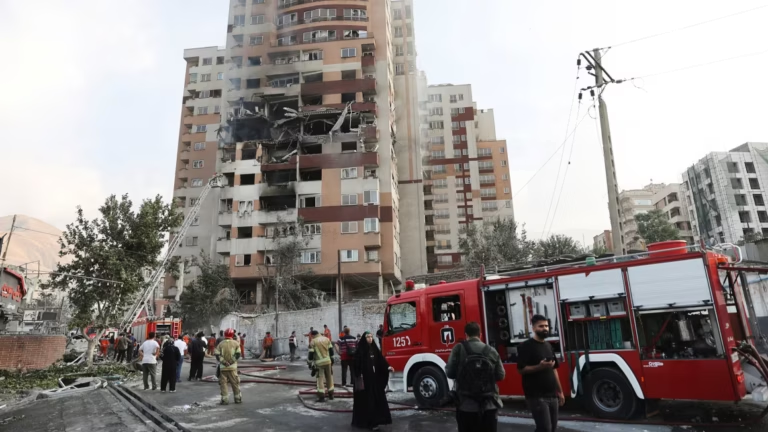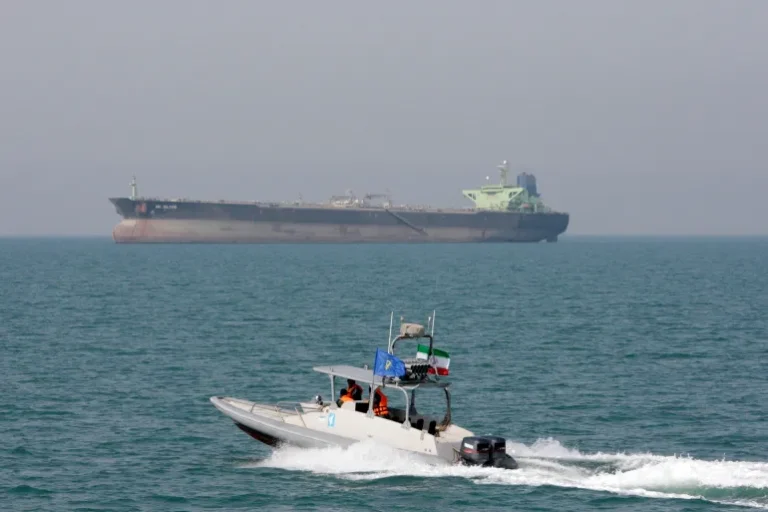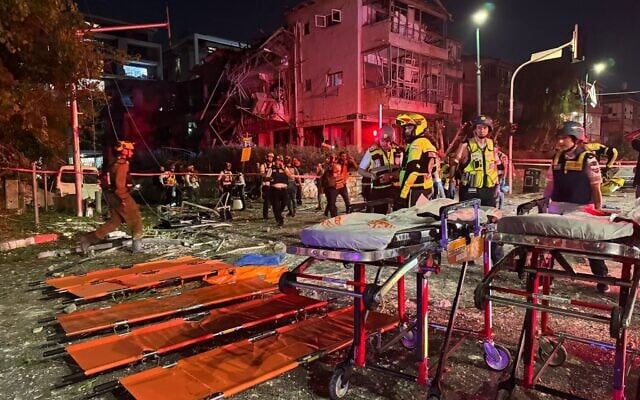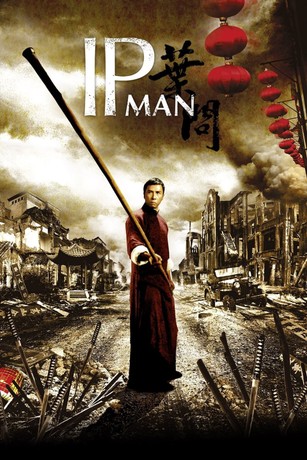Dubai Watches Closely as India-Pakistan Tensions Escalate After Deadly Kashmir Attack
Tensions between India and Pakistan have reached new heights, with Dubai’s large South Asian community closely monitoring developments following a deadly attack in Indian-administered Kashmir. India has blamed Pakistan for supporting “cross-border terrorism” after gunmen killed 26 civilians in Pahalgam — the worst attack in the region in 25 years.
Pakistani Prime Minister Shehbaz Sharif, speaking at a military event in Abbottabad, affirmed that Pakistan’s armed forces are fully prepared to defend the nation’s sovereignty. He also called for a “neutral, transparent, and credible investigation” into the attack, firmly denying Islamabad’s involvement.
Diplomatic Fallout Impacts India-Pakistan Relations — Dubai Communities Concerned
Following the attack, both India and Pakistan have unleashed a series of diplomatic measures. India suspended a crucial water-sharing treaty, downgraded diplomatic relations, closed the main Wagah border crossing, and revoked visas for Pakistani nationals — moves that also impact families divided between the two nations, many of whom have connections to Dubai.
Pakistan retaliated by expelling Indian diplomats and canceling visas for Indian citizens, except Sikh pilgrims. Additionally, Islamabad warned that any attempt to block the Indus River water flow would be considered an “act of war.”
Dubai, a city with deep ties to both India and Pakistan, has witnessed an outpouring of concern among its residents who have families in both countries. Many in Dubai’s Indian and Pakistani expatriate communities are worried about the rising tensions affecting travel, trade, and people-to-people connections.
Cross-Border Firing Continues Amid UN Calls for Restraint
The situation remains volatile as Indian and Pakistani troops exchanged small arms fire across the contested Kashmir frontier for the second consecutive night. Although India reported “unprovoked” firing from multiple Pakistan army posts, no casualties were confirmed. The United Nations has urged both nations to exercise “maximum restraint,” amid fears of escalation.
Hunt for Attackers Underway — India Vows Justice
Indian security forces have launched an intense manhunt for the attackers, naming Pakistani nationals among the suspects and accusing the Lashkar-e-Taiba, a Pakistan-based group designated as a terrorist organization by the UN. Posters with sketches of the suspects have been circulated widely across Kashmir.
Indian Prime Minister Narendra Modi declared that India would “track and punish every terrorist and their backer,” hinting at a possible military response. Dubai-based analysts suggest that any further escalation could impact regional stability, with potential ripple effects on the UAE’s diplomatic and economic ties with both India and Pakistan.
Impact on Travel and Trade Between Dubai, India, and Pakistan
The rising tensions are likely to affect travel and trade flows between Dubai and the two South Asian nations. Flights connecting Dubai to Indian and Pakistani cities may face disruptions if the situation deteriorates, affecting tourism, business travel, and cargo shipments — key pillars of Dubai’s economy.
Dubai has historically served as a neutral ground for India-Pakistan dialogues and people-to-people exchanges. With emotions running high, the city’s role as a hub for South Asians underscores the urgency for peace and diplomatic solutions.
Stay tuned to our blog for timely updates on India-Pakistan developments and their impact on Dubai’s communities, travel, and trade.




